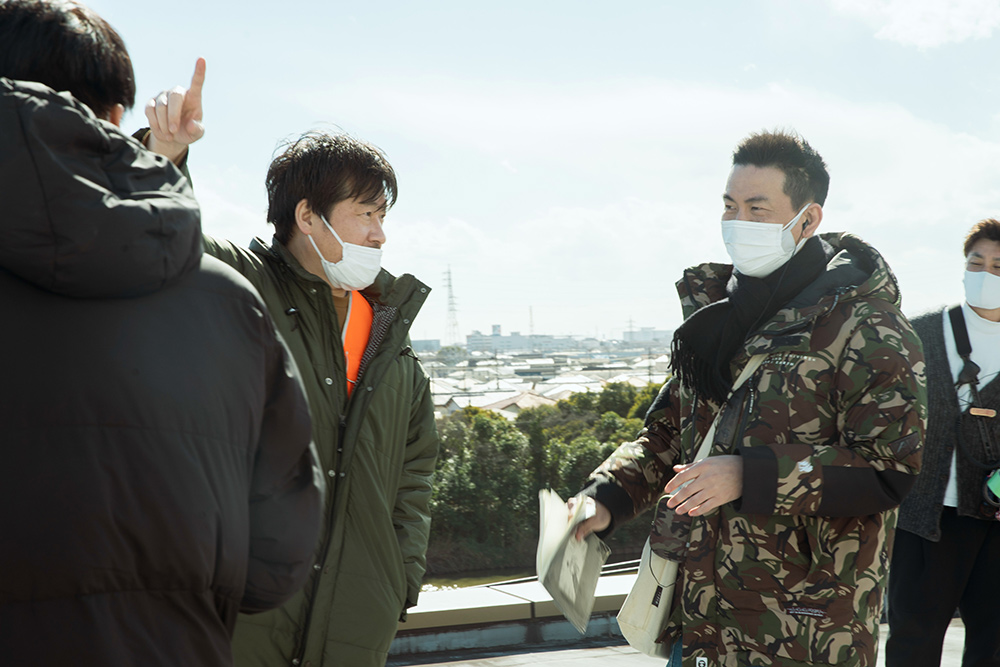![“Search” Director of Photography Naoya Ikeda Only people who face the work. What is the strength of a small staff? [Director's Interview Vol.182]](https://cinemore.jp/images/710ebb55b7c25215fce4556ef4a2f0b714a5f41f7705e1ab7aa321895f7a87eb.jpg)
“Search” Director of Photography Naoya Ikeda Only people who face the work. What is the strength of a small staff? [Director's Interview Vol.182]
Why potential is unlocked
Q: When the staff say they are "facing the work," does that also mean they are "facing the director"?
Ikeda: I think being able to work hard for the director is a prerequisite for a good film. It's important for the director to have the temperament to turn people towards you. There are directors who can only get 50% of their staff to work, and there are directors who can bring out 120% of their staff. On Katayama-san and Daisaku-san's sets, everyone in the art, costumes, and sound departments are overcoming their own hurdles while creating something. That's why the abilities of each staff member improve little by little. These abilities accumulate and lead to the quality of the work. No matter how many staff members there are, if each person's potential is not realized, the quality of the work will not improve.

“Search” ©2022 “Search” Production Committee
Q: Why is it that director Katayama is able to bring out the best in his actors?
Ikeda: On a normal set, conversations like "Director, is this okay?" "Yes, that's fine" are often exchanged, but the more you have that kind of conversation, the more you can escape by saying "The director said it was okay." There's nothing wrong with having a conversation as a job, but if you approach a production without having that kind of conversation, the staff will have to think for themselves. "What should we do about this scene?" "How should we shoot this?" "What should we do about the equipment?" Everything is up to your own judgment. By not talking to the director, it feels like you're deliberately cutting off your escape route and approaching the production.
Q: It's true that at the beginning you said that you didn't have much conversation with Director Katayama.
Ikeda: In Katayama's case, we are entrusted to a certain extent, so we start by "showing" the detailed cuts and angle directions. Katayama is someone who links camerawork and acting, so of course he has his own ideas, but the staff presents their ideas first, and if they are different, the conversation goes in the order of things. It's not like we ask the director what he wants and then express it.

